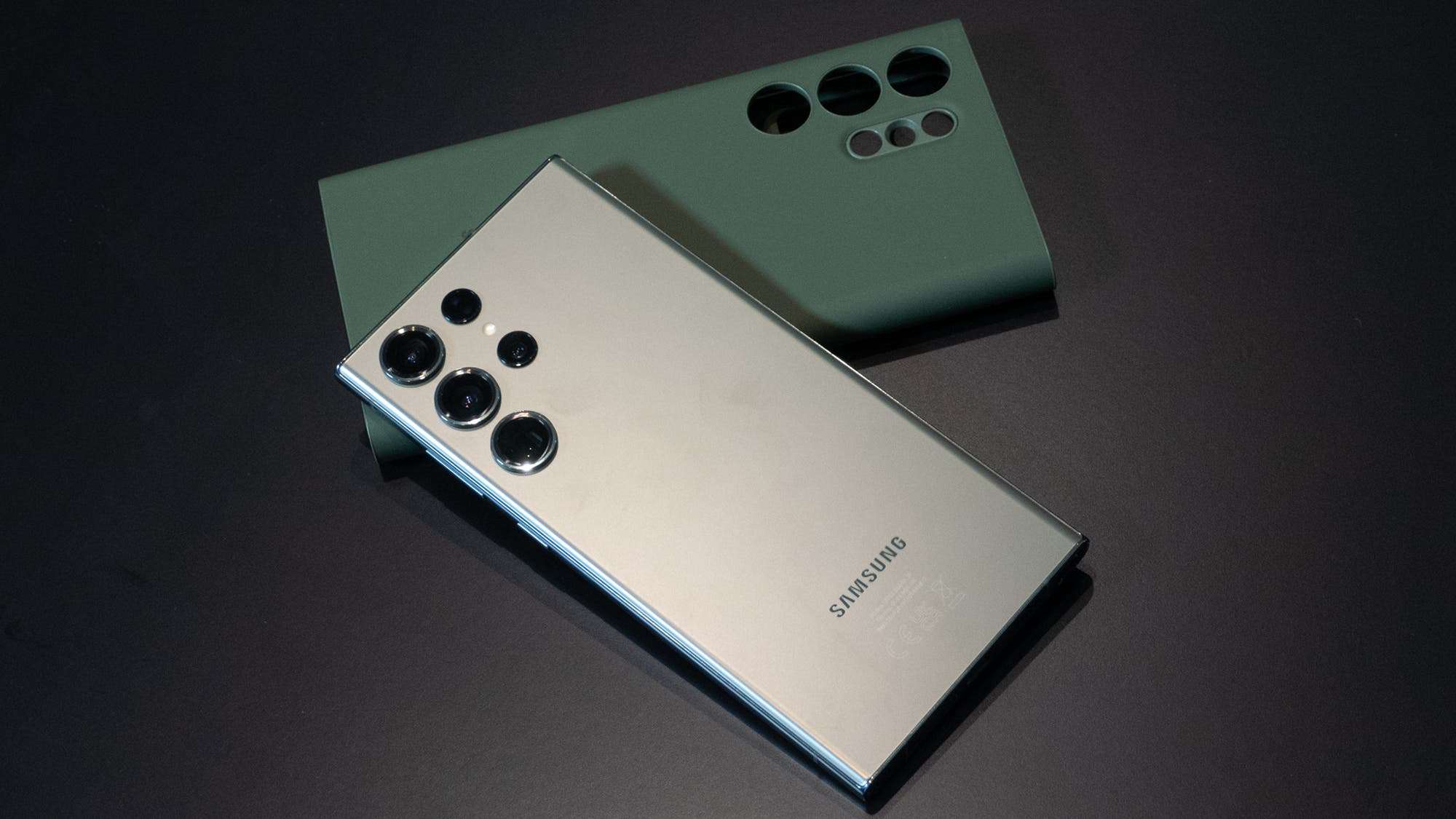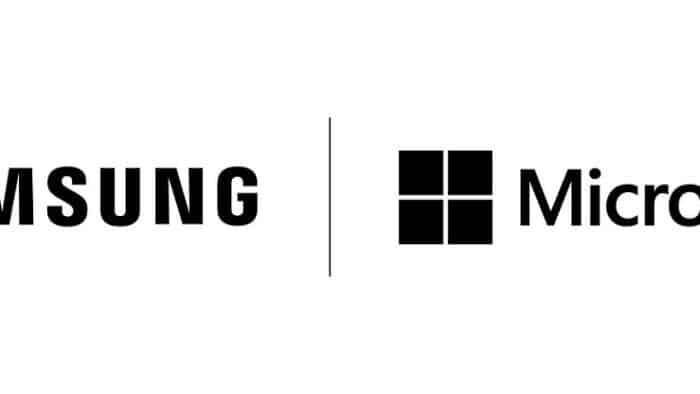Samsung and Microsoft have formed a ground-breaking strategic alliance to enhance mobile device security for business users. The key point of this deal is the industry’s first tool that verifies the device at the mobile hardware level. We are talking about “Device Attestation.” This tech allows the system to identify and protect the device against risks.
At the moment, some Samsung Galaxy phones support this feature. Due to Microsoft Intune, they allow firms to increase security and make the process flexible. This strong union adds more defense against hacked devices trying to access corporate data. The solution fits Bring Your Own Device (BYOD) policies that are becoming common in today’s workplace. It works on both managed and unmanaged devices and no matter who owns them.
Before this, device attestation relied on a server-based approach that required network access. In its turn, the latter limited the number of controlled devices. New on-device attestation makes changes in this process. It allows the device to verify itself. So workers can bring their own devices to work without risk. It’s super easy now due to the improved user experience and lack of extra security measures.
In other words, these two tech giants have joined forces to take BYOD to a new level. What’s more important, device security reaches new heights not only for workers but for users as well. Why I put emphasis on this is that, as a lecturer at the uni, it’s super important for me that my students could use their devices on campus with no risks. And when I am talking about the risks, I meant not only those for students but also for the uni, data, and other important info as well.
For both Samsung and Microsoft, this is nothing new
Samsung, a leader in the global smartphone market, has long been at the forefront of mobile security. When saying this, we mean the Samsung Knox security model. On the other hand, Microsoft has been doing its best for constant progress in this niche.
This system leverages the Zero Trust security model. The latter is based on three key ideas: not following rules, verifying devices in simple ways, and limited access. Zero Trust requires end-to-end security across apps, networks, and devices, no matter who owns the device and who uses it. That’s why this is important for regulated firms and public sector users. This is even true for the US gov.
The deal between Samsung and Microsoft is in line with today’s evolving workplace norms and various cyber risks. The tandem offers end-to-end security that thwarts bad actors, helping Zero Trust work better. For this, Samsung has brought its hardware and software, while Microsoft put on the table its cloud-based security.

The on-device attestation is a vital first step in bringing mobile device security for firms to a new level. Plus, both tech firms want to continue working on further progress in this area. Samsung and Microsoft are at the forefront of creating cutting-edge security tools that address the unique needs of firms as the workplace continues to evolve.
Gizchina News of the week
BYOD
Samsung and Microsoft join forces, letting many users bring their devices to work without worrying about security. This means that various firms can now realize BYOD policies that provide an extra layer of security for Samsung phones, which are used for work-related tasks by both buyers and workers. The more flexible it is, the more tasks the system completes in a concrete time period. Also, it simplifies admin tasks and device upkeep.

With Intune, mobile hardware-backed security makes firms more secure without having an impact on operations. So we can confirm that Samsung phones with Knox security and Intune make BYOD real for more firms. You might think this is not what the market needs now. But there are too many users and too many firms that suffer from this issue.
For instance, up to 70% of users in Singapore use personal devices for work-related tasks. This is a clear sign that it’s a serious issue for many firms today. When working with sensitive and user data, this can be a serious security concern. Thanks to the partnership between Samsung and Microsoft, firms can now mitigate these risks and ensure the security and integrity of corporate data, even when workers are using their own devices.
Wrapping up
The strategic tandem between Microsoft and Samsung represents a major turning point in mobile device security. Enterprise security has entered a new era with the release of the market’s first on-device mobile hardware-backed device attestation solution, which provides an enhanced defense against security threats. The fix gives solid security, works with all devices, and blends personal devices into company networks. Samsung and Microsoft are leading the way in protecting corporate data and info as working habits change and the need for BYOD policies continues to grow. This ensures that firms can adapt and survive in the face of ever-changing security issues.
As a result of this joint effort, these two create a new model in mobile device security for various firms around the world. They’ve set a new standard for device checks, helping firms safeguard the data they store and use every day. This teamwork couldn’t be timelier, as the world embraces a future of flexible, mobile, and remote work. The unique tool from Samsung and Microsoft has changed the way mobile security will work in the future.





